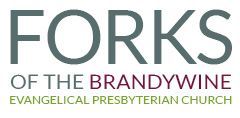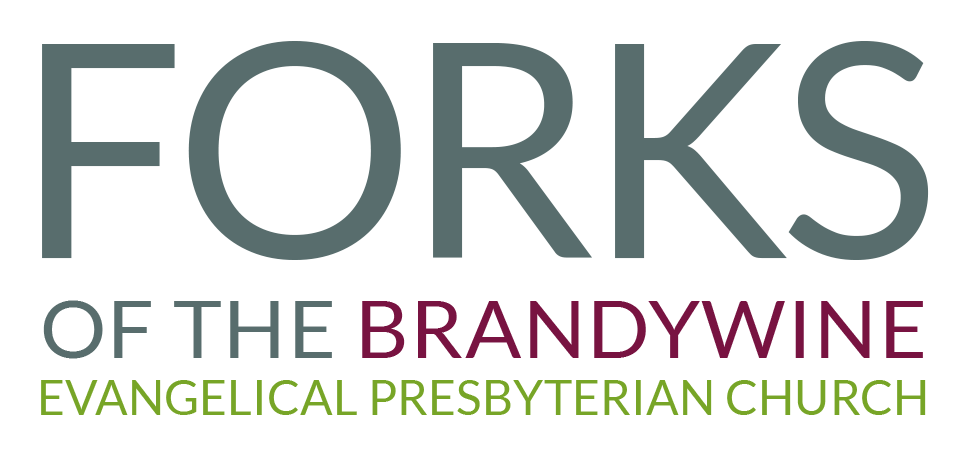Our Story
The Forks of the Brandywine Presbyterian Church is an historic, colonial American congregation. It was organized by and comprised of a majority of Scottish and Scotch-Irish settlers on September 26, 1735. It is believed that these settlers were, at one time, members of the older Octorara Church. The church's more popular name was, and in some cases still is, the Brandywine Manor Church. The first pastor to "The Forks" during the colonial period was the Reverend Samuel Black. Later, in 1761, the Reverend John Carmichael, a native of Scotland, was installed as pastor. Known as the "Revolutionary Pastor," Rev. Carmichael wholeheartedly supported the American Revolution. He preached before Congress, was present at the Battle of Long Island, and urged enlistment into the Continental Army. Rev. Carmichael was also a counselor of General George Washington. At one point, he and his family were forced to flee from the church due to an impending British raid. John Carmichael lived to see the independence of his country acknowledged by the British government.
There are many other wonderful historical events that surround Forks of the Brandywine. The church's sanctuary burned in 1785 and was restored in 1787 with gifts from Benjamin Franklin, Benjamin Rush, and David Rittenhouse. This building was replaced by the current American gothic style structure in 1875, the cornerstone being laid on August 7th, and a service of dedication was held in December of 1876. This was the third sanctuary of record. Another singular event was the guest preaching of the notable evangelist Dwight L. Moody in 1892.
Forks of the Brandywine has a wonderful legacy and rich history of biblical ideals and theology while always pressing into the future. Among the church’s greatest joys in recent years has been to witness and support the calling of several young men to pastoral ministry and God’s service. In addition, our resolve to stand for biblical truth has met God’s faithfulness in the church’s recent move into the Evangelical Presbyterian Church (EPC) in 2007.


